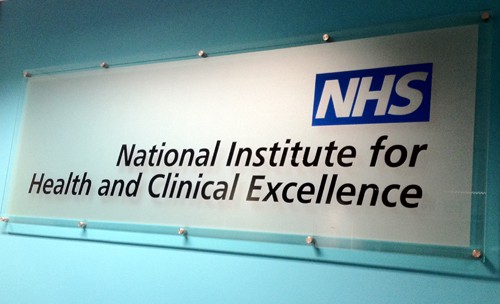
The body to determine the cost-effectiveness of medicines in England and Wales has issued negative recommendations to both Bristol-Myers Squibb/AstraZeneca’s Forxiga (dapagliflozin) in diabetes and Roche’s Avastin in advanced ovarian cancer.
According to draft guidance from the National Institute for Health and Clinical Excellence (NICE), neither drug should be available on the NHS as they currently cannot be determined as a cost-effective use of resources.
Regarding the insulin-dependent diabetes drug Forxiga, which was recommended for marketing approval in type 2 diabetes by the European Medicines Agency (EMA) in April 2012, NICE said more data was needed from BMS and AZ to adequately assess the novel drug.
“Unfortunately the appraisal committee is currently unable to recommend dapagliflozin, one of the options, for the treatment of this condition,” said Professor Carole Longson, Health Technology Evaluation Centre director at NICE.
“They have requested further information from the manufacturer, which will be considered at the next appraisal committee meeting in April.”
Of particular concern was the use of network meta-analyses to determine the clinical effectiveness of Forxiga, which meant there was a “significant uncertainty about the validity of the results”, according to the appraisal committee.
Responding to the decision, Amadou Diarra, VP and general manager UK and Ireland, BMS, said he was “disappointed” with the outcome.
“We submitted a robust dossier of information, which included an externally-validated cost-effectiveness model,” he said.
Avastin faces another NICE rebuff
There was also disappointment for Roche, with draft guidance from NICE failing to recommend the use of Avastin (bevacizumab) in the treatment of advanced ovarian cancer that has returned six months or more after initial treatment with platinum-based chemotherapy.
Unlike Forziga, NICE’s main issue was the cost of the medicine, and it did not request extra information from Roche.
Sir Andrew Dillon, chief executive of NICE, said: “We understand there are limited treatment options available to women with recurrent advanced ovarian cancer and it is always disappointing when we are not able to recommend a treatment.”
He continued: “However, it is important to remember that there are other treatments already available in the NHS for treating this condition.”
Avastin is currently available for NHS use in advanced ovarian cancer through the cancer drugs fund, and the NICE guidance addressed this, stating that people currently receiving this treatment combination should be able to continue until they and their clinician consider it appropriate to stop.
The fund is set to close next year, however, and Roche has already raised concerns about what the results will be for patients using medicines available through the fund.
Roche’s apprehension is particularly valid, considering the number of indications that NICE has failed to recommend Avastin.
In addition to the draft guidance in advanced ovarian cancer, Roche has also failed to convince NICE that Avastin is cost-effective in advanced non-small cell lung cancer (NSCLC), metastatic colorectal cancer or as a first-line treatment of advanced breast cancer.




